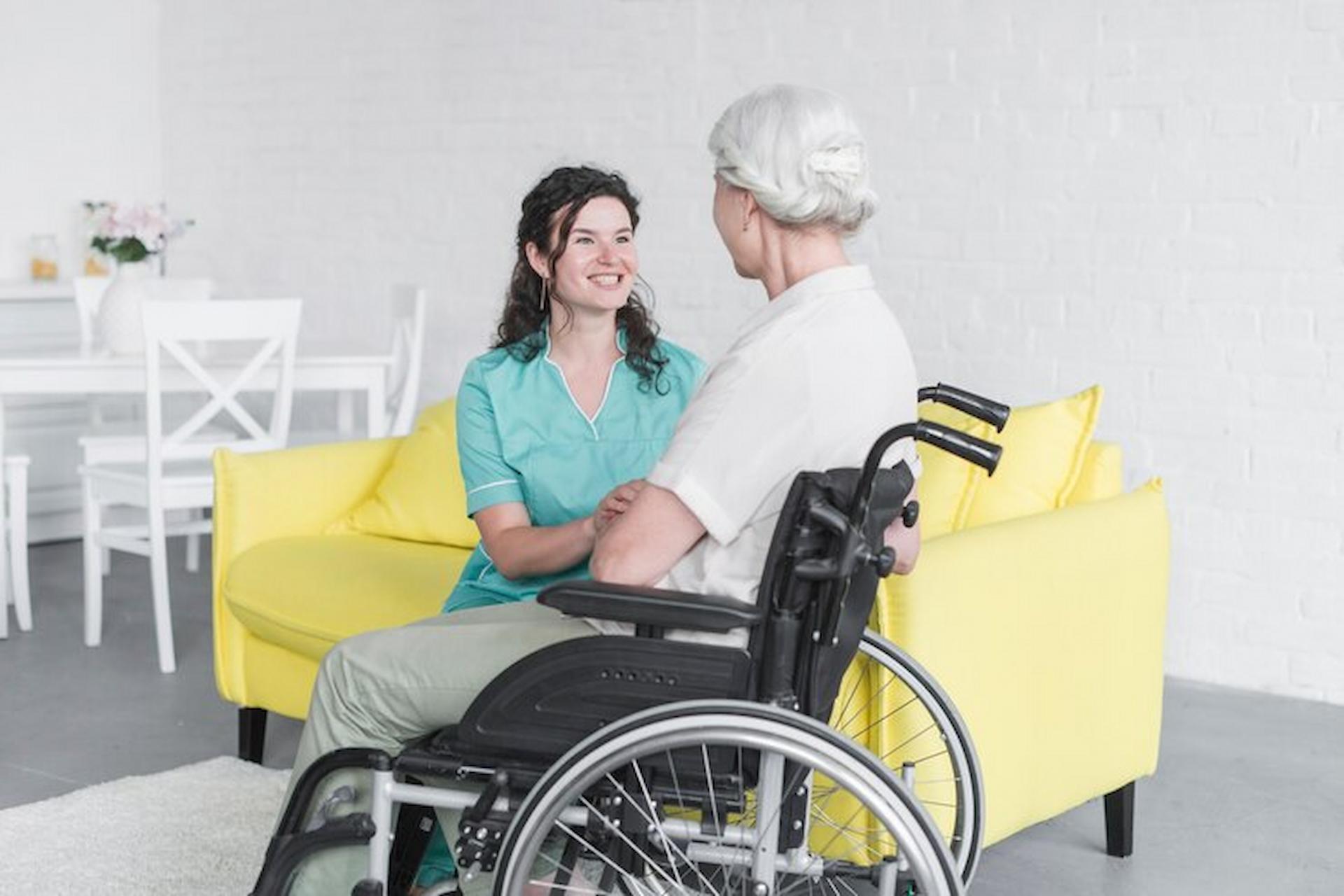In elderly care, the concept of autonomy often takes a backseat, with the focus primarily on providing assistance and support. However, at Abingdon Care Home, located in the heart of our community, we believe in a different approach—one that prioritises the independence and empowerment of our residents. In this blog post, we delve into the importance of autonomy in care settings and how Abingdon Care Home promotes independence among its residents.
Autonomy in Elderly Care
In the context of elderly care, autonomy refers to the right of individuals to make decisions about their own lives and to have control over the choices that affect them. It encompasses the ability to express preferences, make informed decisions, and engage in activities that contribute to a sense of self-determination and purpose. At Abingdon Care Home, we recognise the significance of autonomy in preserving the dignity and well-being of our residents.
Person-Centered Care: Putting Residents First
The principle of person-centred care is central to our approach, fostering an environment where individuals’ needs and preferences guide our every action. Rather than adopting a one-size-fits-all approach, we recognise each resident’s unique preferences, backgrounds, and interests, tailoring our support and services to meet their individual needs. By fostering a culture of respect and collaboration, we empower residents to actively participate in decisions regarding their care, from daily routines to recreational activities.
Promoting Independence Through Engagement
Engagement is critical to promoting independence among our residents. Through diverse activities and programs, we provide opportunities for social interaction, cognitive stimulation, and physical exercise. Whether art therapy sessions, gardening clubs, or music therapy sessions, we encourage residents to pursue their interests and hobbies, fostering a sense of purpose and fulfilment.
Empowering Residents in Daily Living
At our care home, we strive to create an environment that promotes autonomy in daily living. From the layout of our facilities to the design of our care plans, we prioritise accessibility, safety, and convenience. Our staff members undergo extensive training to support residents in personal grooming, meal preparation, and medication management while respecting their independence and privacy.
Fostering Community and Connection
In addition to promoting individual autonomy, fostering a sense of community and connection among residents is a key focus at the care home. We recognise that social relationships are vital to overall well-being and happiness. To facilitate meaningful connections, we organise regular social events, group outings, and communal meals where residents can unite, share experiences, and build friendships. Creating a supportive community environment empowers residents to maintain their independence while enjoying the benefits of social interaction and camaraderie.
Empowering Decision-Making and Agency
Beyond day-to-day activities, this Care Home empowers residents to make more significant life decisions. We understand that maintaining autonomy extends beyond basic care tasks to include choices about healthcare, end-of-life preferences, and personal finances. Through open communication and collaborative decision-making processes, we ensure that residents have the information and support they need to make informed choices that align with their values and preferences. We uphold their dignity and sense of self by respecting their autonomy and agency.
Continuous Education and Training
To effectively promote autonomy among residents, the Care Home invests in continuous education and training for its staff members. Our caregivers undergo comprehensive training programs focused on person-centred care, communication skills, and techniques for supporting independence. By equipping our staff with the necessary knowledge and skills, we ensure that they can provide high-quality care while respecting the autonomy and preferences of each resident. Additionally, we encourage ongoing professional development to stay updated on best practices and emerging trends in elderly care, enhancing our ability to empower residents daily.
Family Involvement and Support
At Abingdon Care Home, we recognise the importance of involving families in the care process and fostering collaboration between residents, their loved ones, and our staff. We understand that family members play a crucial role in advocating for the autonomy and well-being of their loved ones. Through regular communication, family meetings, and educational resources, we keep families informed and engaged in decision-making processes related to the care of their loved ones. By fostering a supportive partnership between families and our care team, we create a holistic approach to care that respects the autonomy and preferences of each resident while providing peace of mind to their loved ones.
Advocacy and Community Engagement
Beyond the walls of this Care Home, we are committed to advocating for the rights and autonomy of elderly individuals in our community. We actively participate in local advocacy efforts and community initiatives to promote independence, dignity, and quality of life for seniors. By raising awareness about the importance of autonomy in elderly care and advocating for supportive policies and programs, we strive to create a more inclusive and age-friendly community where all individuals can live with dignity and autonomy.
In conclusion, autonomy lies at the heart of our philosophy at our Care Home. By embracing a person-centered approach, promoting engagement, and empowering residents in daily living, we strive to create a supportive environment where individuals can thrive and maintain their independence. As we continue to innovate and adapt to the evolving needs of our residents, we remain committed to upholding their dignity, autonomy, and quality of life.




